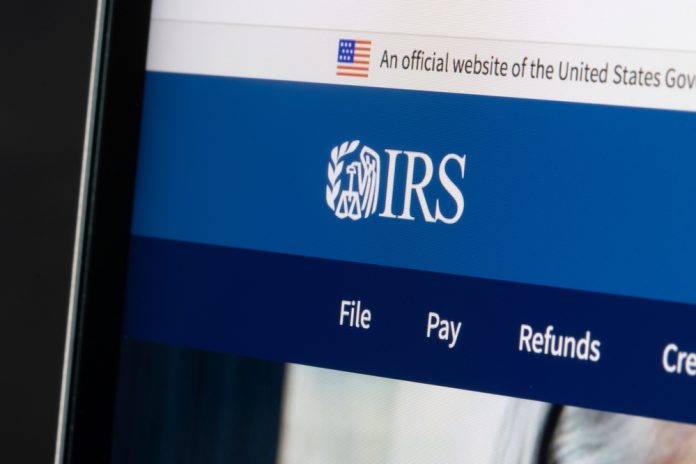
The resignation of the IRS’s acting chief reveals the tensions within government agencies over privacy and enforcement roles.
Key Takeaways
- The acting leader of the IRS, Melanie Krause, is set to resign.
- Krause’s resignation is linked to a deal requiring the IRS to share tax data on undocumented immigrants.
- The agreement allows DHS to request information on undocumented immigrants with deportation orders under criminal investigation.
- The Treasury Department announced Krause’s departure as part of a deferred resignation program.
IRS Leadership Shakeup
Melanie Krause, the acting head of the IRS, announced that she will be tendering her resignation. This move is reportedly in response to the agency’s new data-sharing agreement with the Department of Homeland Security (DHS). Under the agreement, the IRS is required to share taxpayer information pertaining to undocumented immigrants with deportation orders or those under criminal investigation by DHS.
The Treasury Department categorized this resignation as part of a deferred resignation program. Krause’s decision comes shortly before the critical tax filing deadline, signaling a strategic timing. This leadership change underscores the conflict between maintaining taxpayer privacy and advancing government enforcement objectives.
Background and Motivations
The official agreement, inked by Treasury Secretary Scott Bessent and Homeland Security Secretary Kristi Noem, is part of a broader immigration crackdown under the Trump administration. While proponents argue the deal enhances government efficiency and fraud prevention, critics contend it undermines taxpayer privacy and sets a concerning precedent for data-sharing practices. The agreement allows immigration enforcement to cross-reference IRS data to identify immigrants in the U.S. illegally.
Internal disruptions have plagued the IRS before due to decisions around taxpayer data access, indicating the recurring challenges faced in balancing governmental oversight and individual privacy. Tom Bowman commented on the potential consequences, suggesting that the agreement could “discourage tax compliance among immigrant communities, weaken contributions to essential public programs.”
Criticism and Support of the Agreement
Opponents of the data-sharing arrangement argue that it abuses privacy rights and may violate existing privacy laws. The policy might deter immigrants from filing taxes due to fear of deportation, hindering public revenue and setting a dangerous New precedent for privacy infringements.
Supporters, however, emphasize that the policy leverages longstanding congressional authorities, aiming to curb criminal activities while protecting the privacy of law-abiding citizens. The DHS views the step as essential for inter-agency cooperation to address significant issues effectively.
What do you think of the agreement between the IRS and DHS? Is it appropriate? Reply to your email and let us know what you think!




